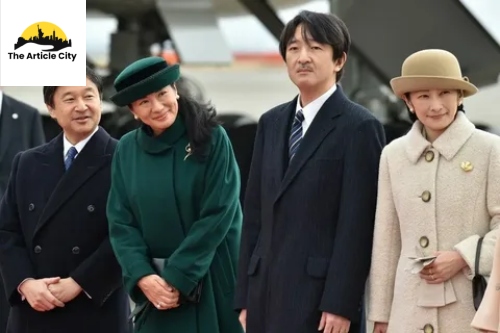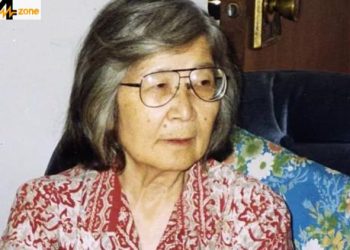JesenapaMasako Katsura japanese is a woman who has changed the world of carom billiards. She was one of the most accomplished players in the game’s history, and one of the first women to win a world championship. Her story is one of determination and hard work. It’s also a tale of innovation and creativity, as she helped to popularize carom billiards in the early 1900s by creating new rules and modifications to the game. This article will explore her life and how her innovations have impacted carom billiards today. We will also look at her career, highlighting her remarkable achievements.
Masako Katsura’s Japanese Early Life
Masako Katsura was born in 1892 in Hiroshima, which was then part of Japan. Her parents were skilled carom billiards players, and it was through her father that she learned the game at a young age.
Katsura quickly became one of Japan’s leading players, and in 1928 she became the first woman to win a professional championship. She continued to compete for many years afterward, achieving considerable success.
In 1951, Katsura created the ‘Katsura rule,’ now recognized as the standard way of playing carom billiards. She also developed various other techniques and strategies for the game, and her work has significantly impacted its development over the years.
How Carom Billiards Changed with the invention of the carom table
Masako Katsura was born in Mito, in Ibaraki Prefecture, Japan, on November 9th, 1924. Katsura started playing billiards at age six and quickly developed a reputation as one of Japan’s best players. In 1951, she traveled to the United States to study engineering at UCLA. While in the U.S., Katsura became interested in carom billiards and began researching the game. She soon discovered that traditional carom billiards were difficult to play correctly and decided to create her own version of the game that was easier to understand and play.
Katsura returned to Japan and began developing her new carom table. Her table was first tested in 1957 and went on sale two years later. Her table revolutionized how people played carom billiards and has since become the standard by which all other tables are measured. Katsura passed away on December 8th, 1992, at 71, after a long illness.
Her Role in the Development of Carom Billiards
Masako Katsura Japanese was born in Okinawa, Japan, in 1923. When she was 13 years old, she became interested in carom billiards and began practicing regularly. By the time she was 18, Katsura had become one of the top players in the world. In 1949, she won the World Amateur Championship. In 1953, Katsura became the first woman to win a professional championship title when she won the American Professional Billiard Association (APBA) Championship.
Katsura’s impact on carom billiards is undeniable. She helped develop the game and establish its popularity as a competitive sport worldwide. Her influence also helped to change perceptions about women in sports and working professionals. Katsura is a true pioneer, and her Legacy will continue to be felt for many years.
Masako Katsura Japanese Legacy and what she teaches today
Masako Katsura is chiefly remembered for her work in carom billiards, which she revolutionized in the early 20th century. While most people know this about her, Katsura was also an accomplished poet and author. Her poetry has been published in several anthologies, and she has also written two plays.
Katsura’s life story is one of perseverance and creativity. Born into a wealthy family in 1902, she faced many obstacles throughout her life. As a woman in a male-dominated field, she faced discrimination and isolation. However, she never gave up on her dreams and persevered until she became one of the most renowned carom billiards players of her time.
In addition to her work as a player, Katsura was also a prolific writer. She wrote poems, short stories, and plays that explored social issues of the day, such as women’s rights and war veterans’ rights. Her writing reflects her activism and commitment to improving the lives of others.
Today, Katsura’s Legacy lives on through the various organizations she founded to support other marginalized groups, such as women immigrants and disabled veterans. She also continues to write poetry and playwrights that address social issues today.
Conclusion
Masako Katsura Japanese is remarkable, and her story illustrates the importance of perseverance in any field. As a woman, she faced many challenges when it came to pursuing a career in carom billiards—most notably, there were very few women playing the game at this time. However, by working hard and refusing to give up, Masako made a name for herself as one of the best players in the world. Her accomplishments have had a lasting impact on the sport, and her story inspires anyone who wants to achieve something great.
















